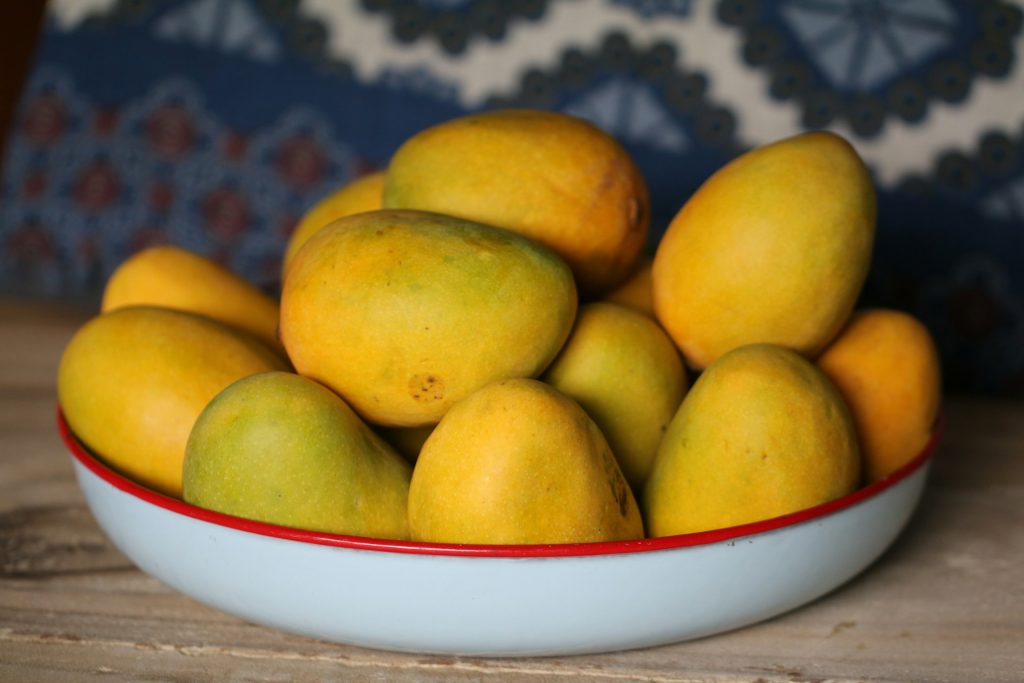Productive procrastination might sound like an oxymoron. But it is a real trap. You think you are getting things done, ticking off minor tasks, and staying busy. But when it comes to what truly matters? Zero progress.
This sneaky habit can leave you spinning in circles, feeling productive but achieving nothing of real value.
What Is Productive Procrastination?
At first glance, productive procrastination feels like a win. You are clearing emails, organizing files, or even tackling low-priority tasks. But here is the kicker: None of it pushes you closer to your biggest goals.
So, it is more like running on a treadmill. You are working hard but not actually going anywhere.
When you focus on small, easy wins, you are ignoring the heavy hitters. These major tasks are usually more complex and time-consuming. But they are also the ones that make the biggest impact. By avoiding them, you create a fake sense of productivity.

Yan / Pexels / Don’t get lost in the fluff. Resist the urge to reply to emails or clean your desk when there is a deadline looming.
Over time, this avoidance snowballs. Deadlines loom closer, important projects remain unfinished, and stress levels rise. Worse still, the habit of busywork reinforces itself, making it harder to shift your focus to what truly matters.
Keep the Most Important Thing the Most Important Thing
The golden rule to escape productive procrastination? Prioritize like your success depends on it. Because it does. Start your day by identifying the one task that will make the biggest impact. Then, tackle it head-on before anything else.
Focus on the task that moves the needle forward. The rest can wait.
Say Goodbye to Fake Progress
Filling your time with "busy" work creates a fake sense of accomplishment. You feel productive, but the results tell a different story. Stop equating effort with success. Instead, measure your day by what you have actually achieved.
Ask yourself: Is this task bringing me closer to my goal? If the answer is no, move on. Reevaluate your to-do list and cut out the fluff. When you stop fooling yourself, you will make room for real progress.
Break Big Goals Into Bite-Sized Milestones
Sometimes, procrastination happens because the task feels overwhelming. Big projects can seem intimidating. It is easier to avoid them by focusing on smaller, less important tasks. The solution? Break it down.

RDNA / Pexels / After finishing a milestone, step away for a few minutes. Stretch, grab a snack, or take a short walk.
Divide major goals into manageable steps. For example, instead of “write a book,” start with “outline one chapter.” Achieving these smaller milestones gives you momentum and makes tackling the big picture less scary.
Take Breaks to Stay Focused
Constantly working without a break is not just exhausting as it is counterproductive. When your brain gets tired, it is more likely to wander, and that is when productive procrastination strikes. Regular breaks can help you stay sharp and on track.
These mini-breaks refresh your mind so you can dive back into your work with renewed focus.
Never Fake It
Pretending to be busy might fool others, but it can not fool yourself. Deep down, you know when you are avoiding the hard stuff. Faking productivity not only wastes time but also builds a habit of dishonesty with yourself.
Be real about your priorities and efforts. When you stop faking it, you will have the clarity to focus on what truly matters. After all, honesty is the foundation of real progress.













